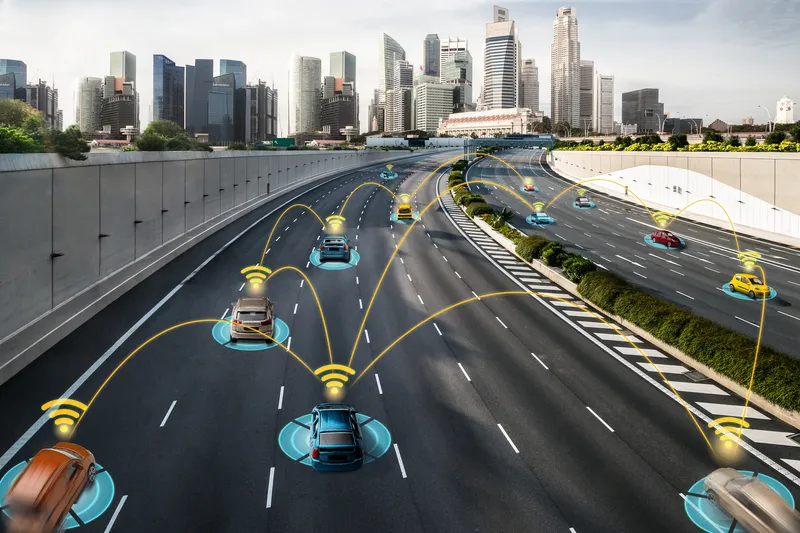“It is essential that the intelligent transportation revolution, powered in no small part by the 5.9GHz safety spectrum, continue.” said Regina Hopper, ITSA president and CEO. “From saving lives to reducing emissions to easing traffic congestion, the full promise of intelligent transportation is transformative. Such a move would be reckless and unwarranted, undermining the clear public interest.”
The filing comes at a pivotal moment as many ITS technologies prepare to go mainstream as a critical part of the Internet of Things (IOT). General Motors plans to introduce DSRC in some of their model year 2017 vehicles, and several road agencies have already or are in the process of deploying the technology at intersections, waystations and other safety hotspots.
The US Department of Transportation, state transportation agencies and the intelligent transportation industry are seeking to make DSRC a nationwide standard for all vehicles and traffic control systems, allowing cars to communicate with one another (vehicle-to-vehicle), traffic lights (vehicle-to-infrastructure), and even pedestrians and cyclists (vehicle-to-X) at close distances to prevent crashes and reduce congestion. DSRC incorporates robust security and privacy safeguards, and estimates suggest that DSRC-based systems could address up to 80 per cent of unimpaired crash scenarios, saving thousands of lives each year.
The filing says Congress, the commission, state highway authorities and federal agencies with primary jurisdiction over national transportation matters have repeatedly concluded that DSRC is integral to the deployment of intelligent transportation systems and best suited to achieving the public safety and related national transportation goals that underlie this national initiative. It says the commission should not deliberately halt or otherwise compromise the significant progress with respect to DSRC made to date.
ITS America, transportation leaders urge FCC to reject call for stay of safety spectrum
ITS America and other leaders in the intelligent transportation community have united to call on the Federal Communications Commission (FCC) to deny a request by Public Knowledge and the New America Foundation for an emergency stay on the use of dedicated short range communications in the 5.9GHz spectrum band. The petition was made in a joint FCC filing by the Intelligent Transportation Society of America, the Alliance of Automobile Manufacturers and the Association of Global Automakers.
August 31, 2016
Read time: 2 mins








